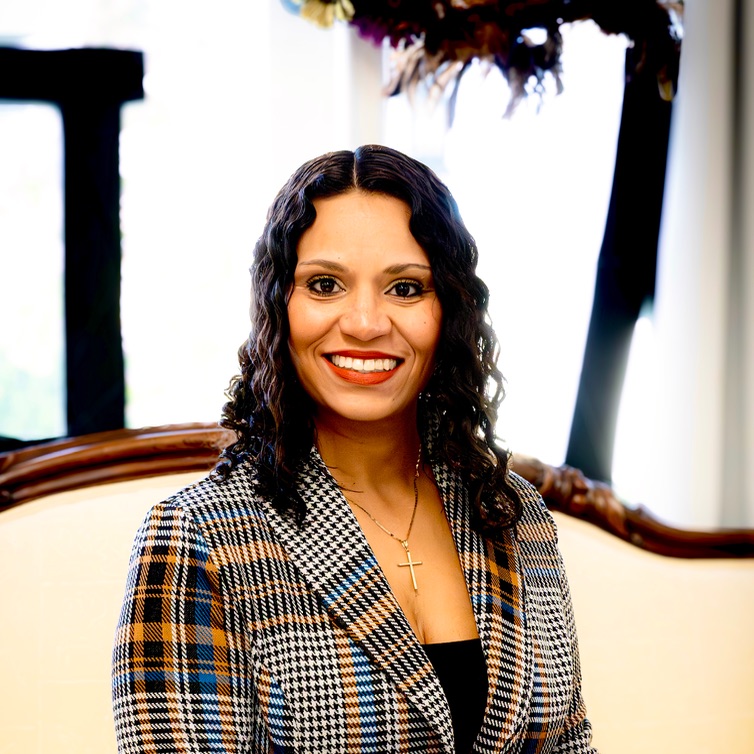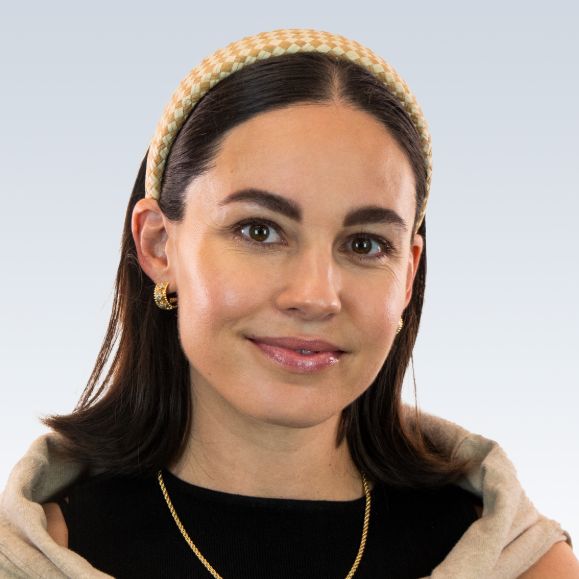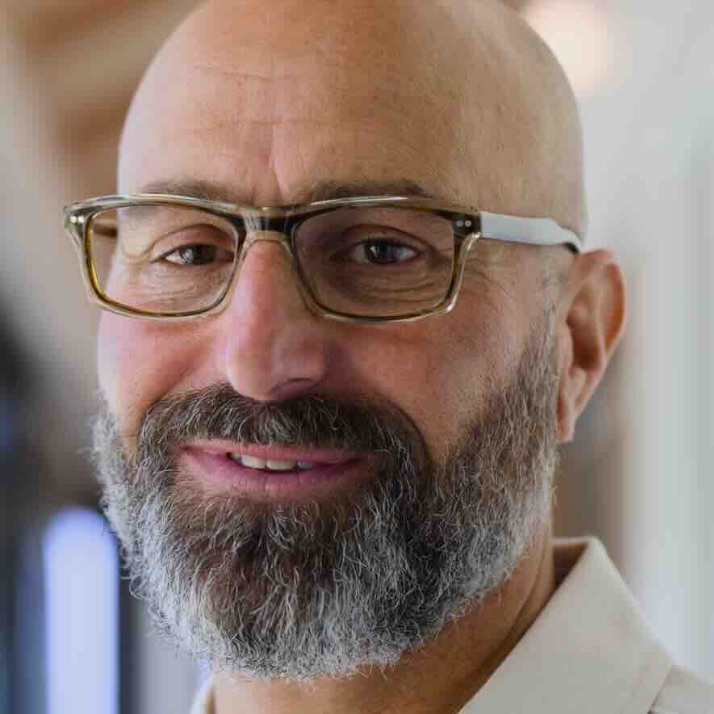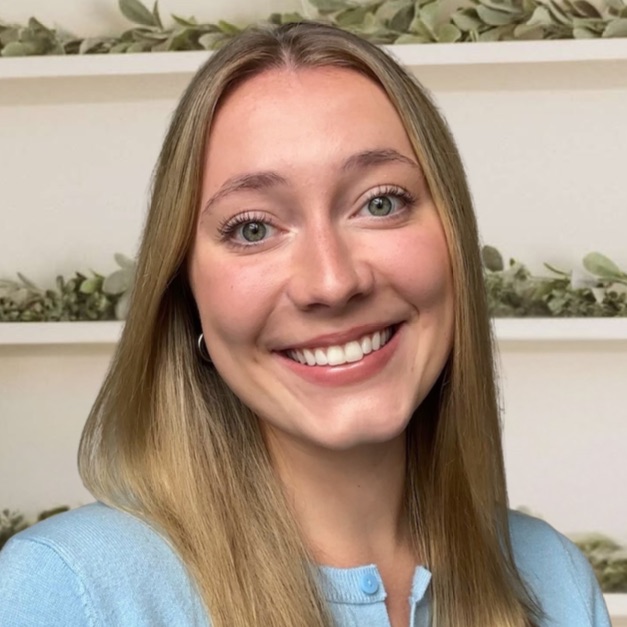Finding Support for Relationships in Orlando
Navigating relationship challenges can feel overwhelming, but you don’t have to face them alone. MiResource is here to guide you to the right support, so you can take the next step with confidence. We make it simple to connect with therapists in Orlando, whether you prefer online sessions or in-person care. You’re in the right place to find compassionate help that meets you where you are.
An Overview of Relationships Issues
Relationships shape our daily lives in Orlando—romantic, family, friendships—and when they’re strained, stress, loneliness, and conflict can follow. Therapy offers a safe space to improve communication, rebuild trust, set boundaries, and navigate life changes together or individually. If you’re seeking support in Orlando, counseling can help you strengthen connection and find healthier ways to relate.
Defining Relationships Issues
Relationships refers to challenges in building and maintaining healthy connections with partners, family, or friends, which can happen in Orlando just like anywhere else. Hallmark signs include frequent conflict, poor communication, mistrust or jealousy, emotional withdrawal, and stress that shows up as anxiety, low mood, irritability, sleep problems, or trouble concentrating. Day to day, this can look like repeating arguments about chores or money, avoiding conversations, feeling alone in the same home, missing work or school tasks, or pulling away from social plans. Authoritative sources like the American Psychological Association and the National Institute of Mental Health note that relationship stress and mental health influence each other, and that skills-based therapy can help. If this resonates, you’re invited to explore the broader Relationships therapy resources on MiResource.
Benefits of Therapy for Relationships
Therapy for relationship concerns helps partners and individuals improve communication, resolve conflict, and rebuild trust, offering practical tools that make daily life feel more connected and manageable in Orlando. Evidence-based approaches like Emotionally Focused Therapy (EFT) deepen emotional bonds and reduce reactivity, strengthening closeness and security. Cognitive Behavioral Therapy (CBT) helps identify unhelpful patterns and replace them with healthier thoughts and behaviors, leading to clearer communication and fewer arguments. The Gottman Method builds skills for managing conflict, increasing friendship, and nurturing shared meaning, which improves satisfaction and stability. ACT/DBT and Solution-Focused Brief Therapy teach coping, emotion regulation, and goal-setting, empowering you to handle stress and create lasting change—therapy works and fosters real hope.
The Therapy Journey – What to Expect
Starting therapy for relationships in Orlando begins with a caring initial assessment where you share your concerns, relationship history, and hopes so your clinician can understand what matters most. Together, you’ll set clear, realistic goals—such as improving communication, rebuilding trust, or navigating life transitions—and decide on a plan that fits your schedule and comfort level. Ongoing sessions focus on practical skills and reflection, with steady check-ins to track progress and adjust strategies as your needs evolve. Therapists draw on evidence-based approaches for relationships, including Emotionally Focused Therapy (EFT), the Gottman Method, Cognitive Behavioral Therapy (CBT), and Interpersonal Therapy, selecting methods that fit your unique dynamics. Throughout, the process is collaborative and personalized, offering a warm, nonjudgmental space that reduces uncertainty while setting achievable expectations for meaningful change.
Tips for Choosing the Right Therapist in Orlando
Start by entering Orlando in the location field and selecting Relationships as your condition to see relevant providers. Use the Therapy Approach filter (e.g., couples counseling, CBT, EFT) to match how you like to work. Narrow by Insurance to view clinicians who take your plan, then select Language to find providers who communicate in your preferred language. Check Availability to pick open days, times, or telehealth that fit your schedule. Refine by Neighborhood to focus on areas like Downtown Orlando, Winter Park, Baldwin Park, or Lake Nona. Personal fit matters most—compare profiles, save favorites, and message providers, then dive into the MiResource directory now to start your search.
Why a Local Orlando Therapist Can Make a Difference
Orlando’s rich mix of long-time residents, new arrivals, and international hospitality workers shapes how relationships grow and change here. Couples and families often navigate shift work around the theme parks and tourism corridors, which can strain communication and quality time. A strong Puerto Rican, broader Latinx, and Haitian community means bilingual therapy (Spanish and Haitian Creole) can be vital, alongside affirming care for the LGBTQ+ community centered around Mills 50 and The Center Orlando. University life at UCF and Valencia adds pressures for students and young adults balancing academics, work, and dating. Local therapists understand hurricane-season stress, extended family dynamics, and faith community influences that often show up in Orlando relationships.
Getting to sessions is easier when your therapist knows I‑4 bottlenecks, SR‑408/417 toll routes, and the best times to cut through Downtown, Baldwin Park, or College Park. Many clients prefer offices near SunRail (Church Street, Lynx Central, AdventHealth stations) or on LYNX bus lines, and proximity to Lake Nona’s Medical City or Winter Park can reduce missed appointments. With frequent afternoon thunderstorms, summer heat, and hurricane prep days, in-person support provides grounding and privacy when home feels crowded or tense. Meeting face-to-face helps with nuanced communication coaching, co-parenting plans, and conflict resolution skills that benefit from real-time observation. Local clinicians can also coordinate with nearby schools, faith leaders, and community centers around Lake Eola, Thornton Park, and the Milk District.
Helpful relationship-focused resources include Harbor House of Central Florida for intimate partner violence, Victim Service Center of Central Florida for sexual assault/trauma , The Center Orlando for LGBTQ+ support , Jewish Family Services of Greater Orlando for counseling and family assistance , Aspire Health Partners for outpatient behavioral health , and 211 from Heart of Florida United Way for referrals . For students, UCF CAPS offers counseling and relationship workshops . In emergencies, call 911; for suicide or emotional crises, call or text 988 . For domestic violence help, call the National Domestic Violence Hotline at 1-800-799-7233 , and for sexual assault support, call RAINN at 1-800-656-4673 . Nearby emergency departments include Orlando Health Orlando Regional Medical Center and AdventHealth Orlando ER .
Relationships Therapy in Orlando: FAQ Guide
When should I consider seeking help for Relationships Issues?
Consider seeking help if relationship struggles keep coming back or intensify, start affecting your mood, sleep, concentration, or energy, or begin interfering with work, school, parenting, or social life. It’s also time to reach out if conflict, communication issues, or trust problems are causing ongoing distress, avoidance, or isolation. Any safety concerns—such as feeling unsafe at home or having thoughts of self-harm—warrant immediate professional support. Early support can prevent problems from growing, and you can choose in-person or virtual relationships therapy in Orlando.
What if I don’t click with my therapist right away?
It’s normal not to click with the first therapist you meet; building a strong therapeutic alliance is key and is linked to better outcomes for Relationships. You can always switch, and MiResource lets you compare therapists in Orlando by approach, insurance, and real-time availability to find the right fit.
Does online therapy really work for Relationships Issues?
Yes—online therapy can be effective for Relationships by offering flexible scheduling, privacy at home, and access to specialized providers, which can be especially helpful for busy partners. It’s great for ongoing communication skills, conflict resolution tools, and maintenance sessions, though tech issues and fewer nonverbal cues can be limitations. In-person therapy in Orlando may be preferred for high-conflict situations, intensive couples work, safety concerns, or when you need a neutral space outside the home. If you want deeper experiential methods or comprehensive assessments, an Orlando-based in-person therapist can be a strong fit.
How do I prepare for my first session?
- Clarify your goals: jot down what you hope will improve (communication, trust, intimacy, boundaries, conflict patterns).
- Gather your story: note key milestones, strengths, recurring challenges, and recent triggers affecting the relationship.
- Align expectations: talk with your partner (if attending together) about priorities and topics that feel safe to start with.
- Plan logistics: confirm location/telehealth link, parking, childcare, and arrive 10–15 minutes early for forms.
- Prepare emotionally: choose one or two examples you’re comfortable discussing; agree on a signal if either of you needs a pause.
- Set consent boundaries: decide what feels private, what you’re open to sharing, and any off-limits topics for now.
What to bring
- IDs, insurance info (if applicable), payment method
- A list of concerns, goals, and questions
- Current medications and relevant health history (if they impact mood/connection)
- Relationship timeline (approximate dates, major events), any previous therapy notes or homework
- Calendar for scheduling follow-ups
- Water/tissues, and a notebook if you like to take notes
What to expect
- Your first session of Relationships therapy in Orlando typically includes intake forms, confidentiality overview, and a collaborative discussion of goals.
- The therapist may meet with you together and briefly individually to understand perspectives and safety.
- Expect questions about communication patterns, conflict cycles, values, family background, and strengths.
- You’ll discuss approaches (e.g., EFT, Gottman), session frequency, length, and any between-session exercises.
- Gentle pacing—no pressure to share more than you’re ready for; you can pause or redirect at any time.
Good questions to ask
- What is your experience and training with couples/relationship work, and what approaches do you use?
- How do you structure sessions (together vs. individual time), and how do you maintain privacy and fairness?
- How will we track progress and know therapy is helping? What does homework look like?
- How do you help with high-conflict moments, infidelity repair, or rebuilding trust?
- What are typical timelines for change, and how often should we meet?
- Do you offer inclusive care for diverse identities and relationship structures?
- What should we do between sessions if a conflict escalates?
Can therapy truly help with Relationships Issues?
Yes—research shows relationship therapy works: meta-analyses find moderate-to-large improvements in satisfaction and communication, and approaches like Emotionally Focused Therapy help about 70–75% of couples move from distress to recovery. In Orlando, relationship therapy can help you resolve conflicts, rebuild trust, improve intimacy, and strengthen problem-solving skills. You’ll learn practical tools for healthier communication and understanding each other’s needs. Consistent sessions and practicing skills between appointments are key—commitment to the process strongly predicts lasting results.













